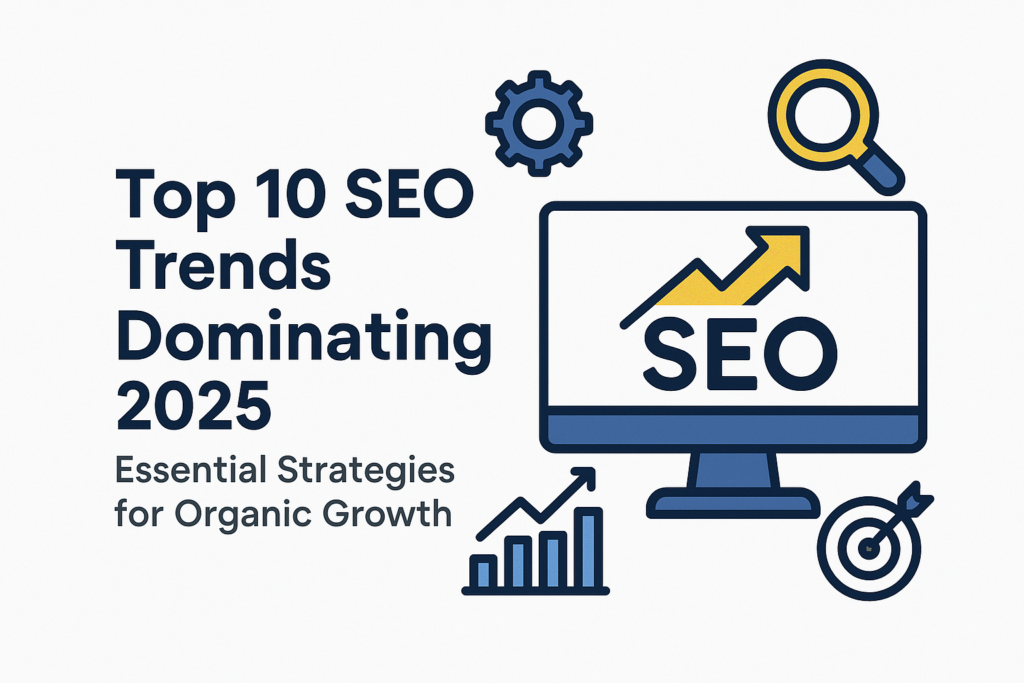In the race to rank higher on Google, many website owners fall for the allure of expired domains. These domains, often marketed as “pre-aged” or “authority” assets, promise a shortcut to SEO success. But in 2025, this strategy is riskier than ever.
This article will break down why expired domains are a ticking time bomb for your SEO efforts. From hidden penalties to Google’s distrust of niche-switching, here’s what you need to know before buying that “high-authority” domain.
Table of Contents
What Are Expired Domains?
Expired domains are web addresses that were previously registered but not renewed by their owners. They often come with:
- Existing backlinks (good or bad).
- Historical metrics like Domain Authority (DA) or Trust Flow (TF).
- Content archives indexed by search engines.
Example:
A domain like besttechgadgets.com might have 1,000+ backlinks and a DA of 40. But if its original content focused on tech reviews and you repurpose it for “vegan recipes,” Google will penalize you. Here’s why:
5 Reasons Expired Domains Will Hurt Your SEO in 2025
1. Authority Doesn’t Transfer Across Niches
Google assigns authority based on topical relevance. If a domain built its reputation on “fitness tips,” switching to “luxury watches” resets its credibility.
Why this matters:
- Backlinks from fitness blogs become irrelevant to your new niche.
- Google’s AI (like BERT) detects content mismatches, leading to ranking drops.
Example:
A domain ranking for “budget laptops” won’t help you rank for “organic skincare” — even with a DA of 50.
2. Hidden Penalties and Toxic Backlinks
Expired domains often carry baggage:
- Spammy backlinks from PBNs, adult sites, or hacked pages.
- Manual penalties for past black-hat SEO tactics (e.g., keyword stuffing).
Real-life case:
A blogger bought an expired domain with DA 45, only to discover 500+ toxic links from gambling sites. Google deindexed the domain within weeks.
3. The “Temporary Boost” Illusion
Expired domains might deliver short-term ranking spikes, but these rarely last.
Why?
- User signals: Visitors expecting old content will bounce quickly, signaling poor relevance to Google.
- Algorithm updates: Google’s 2025 core updates prioritize fresh, niche-specific content over aged domains.
Example:
A domain ranking for “Yoga retreats in Bali” won’t sustain rankings if repurposed for “cryptocurrency trading.”
4. Google Distrusts Niche Switchers
Domains build trust with Google over time by focusing on a specific topic. When you change niches:
- Google treats the domain as a new, untrusted site.
- Existing backlinks lose value due to irrelevance.
Hypothetical example:
A domain ranking for “travel gear reviews” loses 60% of its traffic after being repurposed for “real estate investing.”
5. Free Expired Domains Are Even Riskier
Free expired domains (like .tk or .ml) amplify these risks:
- Expiration traps: Most free domains shut down after 2–3 years, erasing your SEO progress.
- Low credibility: Users and Google distrust free domains, harming click-through rates (CTR).
Example:
A site using healthytips.tk lost all traffic after the domain expired. Migrating to a .com failed because Google flagged the content as duplicate.
What Should You Do Instead?
1. Start Fresh with a Brand New Domain
- Build topical authority: Focus on a single niche (e.g., “vegan recipes” or “AI tools”).
- Choose a trustworthy TLD: Use .com, .org, or country-specific extensions (e.g., .co.uk).
2. Audit Expired Domains Thoroughly
If you must buy an expired domain:
- Use Ahrefs or Semrush to check its backlink profile for spam.
- Review its history via Wayback Machine to ensure no niche-switching or penalties.
3. Prioritize Content Quality Over Domain Age
Google’s 2025 algorithms reward user-first content, not domain age.
- Write comprehensive guides (2,000+ words) with original insights.
- Optimize for EEAT (Experience, Expertise, Authoritativeness, Trustworthiness).
Example:
A new domain about “sustainable fashion” outranks older competitors by publishing detailed material guides and ethical brand reviews.
The Bottom Line
Expired domains are a gamble in 2025. While they might offer a temporary SEO boost, the risks — hidden penalties, irrelevant backlinks, and Google’s distrust — far outweigh the rewards.
Instead, invest in a new domain, create high-quality content, and build trust organically. Your rankings will grow steadily, and you’ll avoid the pitfalls of inheriting someone else’s mistakes.

